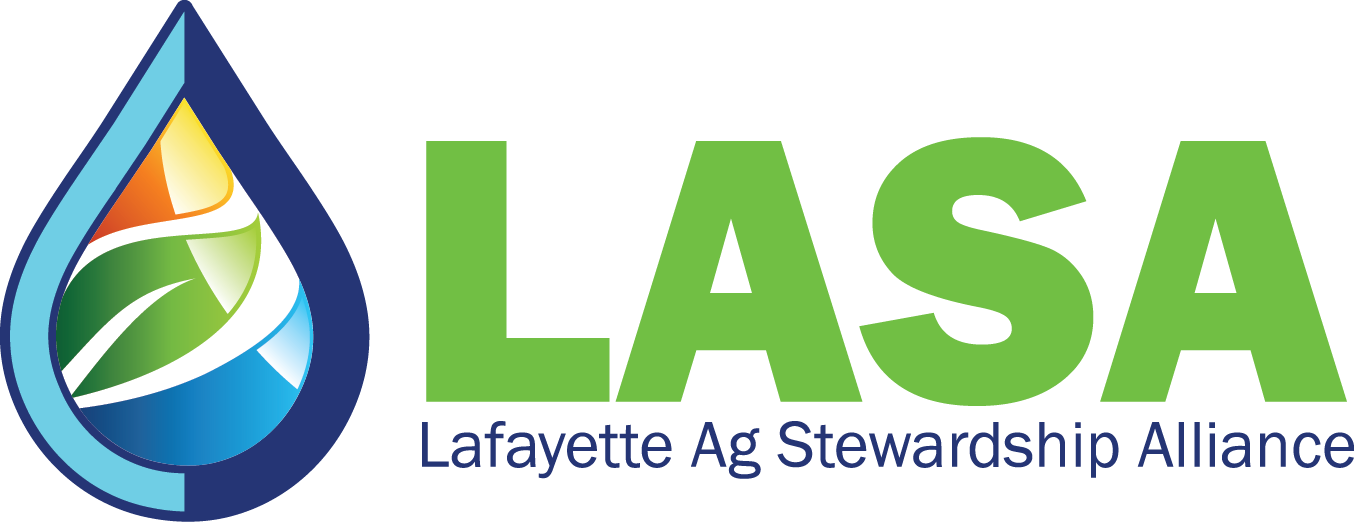Join us for LASA's 2021 Annual meeting
Members: please pre-register for the annual business meeting
Members will receive the link to the annual business meeting via email. Registration requested but not required.
RSVP is requested but not required for the public conference.
Join the public portion of the meeting with this information:
Microsoft Teams meeting
Join on your computer or mobile app
Click here to join the meeting
Or call in (audio only)
+1 920-770-2347,,253297678# United States, Green Bay
Phone Conference ID: 253 297 678#
When: Wednesday, Feb. 24, 2021
11 am - Members-only Annual Business Meeting
12:30 pm - Public conference
Where: VIRTUAL via Microsoft Teams
Agenda:
11 a.m. Annual Business Meeting
12:30 p.m. Public conference:
- 2020 LASA year in review - Jim Winn, board president
- "What Got you Here, Won't Get you There" - Steve Groff, The Cover Crop Coach
For the past 2 decades or so, the driving factor for the soil health movement has mostly been environmental issues like erosion and water quality. There is a new opportunity emerging that has to do with the "market", those you sell to, offering or even requiring soil health practices on your farm. We will discuss real life situations where this is happening and how it may affect your farm in the future. If you don't understand where the future is going, you may be in danger of becoming obsolete.
- Pilot sustainability project update - Houston Engineering Inc.
Houston Engineering Inc (HEI), as a consultant to the LASA pilot sustainability project, has assisted with the environmental components which included using Field to Market’s Fieldprint Platform for developing and accessing on-farm sustainability metrics and impacts to local water resources using a water quality modeling and assessment tool, the Prioritize, Target, Measure Application (PTMApp).
HEI will provide an overview of Field to Market’s eight sustainability metrics, how they are used within the agricultural food supply chain to meet consumer demand for sustainably grown food products, along with a summary of the 12 farms that participated in year one of the project and how their scores compare to project, state, and national benchmarks. HEI will also discuss some of the farm management practices that influence each sustainability score and share general ideas for conservation practices and farm operations that can be looked at to improve scores. Field to Market’s focus for projects is to use nationally recognized sustainability metrics and how agriculture is making continuous improvement over time.
HEI will also be providing an overview of the PTMApp analysis that was done for the watersheds in Lafayette County. The analysis was designed to show three water quality scenarios, including 1) baseline conditions showing the potential for loss of sediment (soil erosion), total phosphorus and total nitrogen is getting to area streams, 2) the benefit of the conservation practices that are being used by the 12 pilot project farms, and 3) what additional water quality benefits can be achieved from scaling up conservation practices in Lafayette County watersheds. This work will set the stage for LASA members to evaluate the effectiveness of both current and planned conservation practices adopted by farmers, and ways in which local, state and federal resources can be targeted to get the biggest return on investment.
- 2019-2020 Member conservation practice survey results - Steve Richter, The Nature Conservancy
